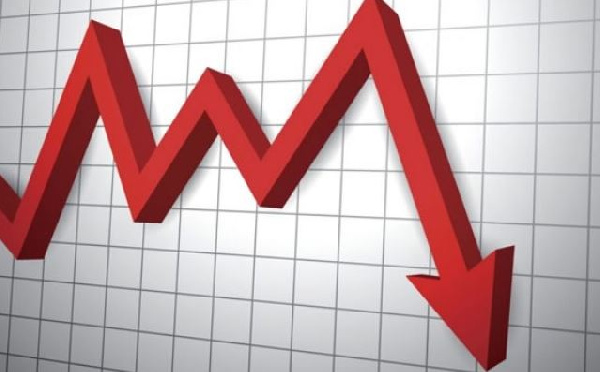Inflation will end this year at an average rate of 8.5%, according to research arm of ratings agency, Fitch.
This will probably come as a good omen for the economy as average change in prices of goods and services within a period will remain lower than expected.
It will as a result help consumers and businesses plan effectively since their disposable income and budget will not be eroded by the anticipated stable inflation.
Additionally, a consistent lower and steady inflation plus other improve economic indicators may compel the Bank of Ghana to reduce its policy rate-the rate at which it lends to commercial banks.
This accordingly could push lending rate or cost of credit slightly down. Liquidity, consumer and business spending will subsequently boosted.
Senior Country Risk Analyst for Sub Saharan Africa at Fitch Solutions, William Atwell told Joy Business “inflation has been elevated during the second half of last year and that certainly put a bit of downward pressure on household spending power.”
However, “looking ahead to this year, we expect inflation to average around 8.5%, which is lower than the final months of last year. That’s is going to support household income”, he emphasized.
Inflation hovered around 9-10% in 2020
Inflation remained within the 9 and 10% bracket for the greater part of last year.
According to the Ghana Statistical Service, Financial Services (1.7%); Recreation, Sports and Culture (0.2%) and Education Services (4.9%) inflation remained very low in 2020.
Inflation actually ended the year 2020 at a rate of 10.4%, a marginal increase over that of November 2020.




